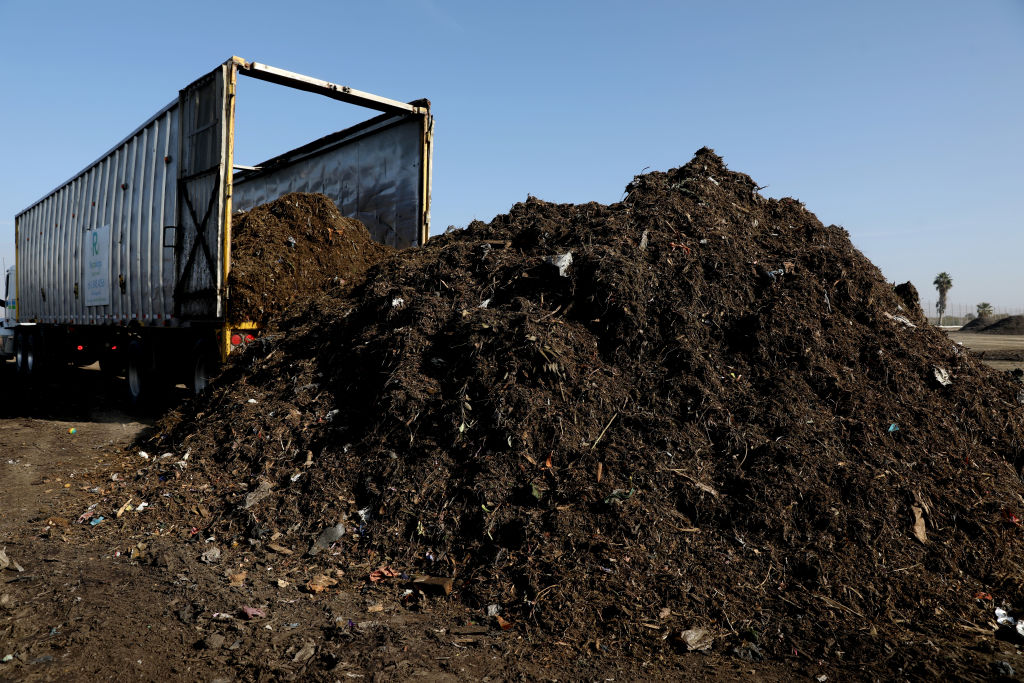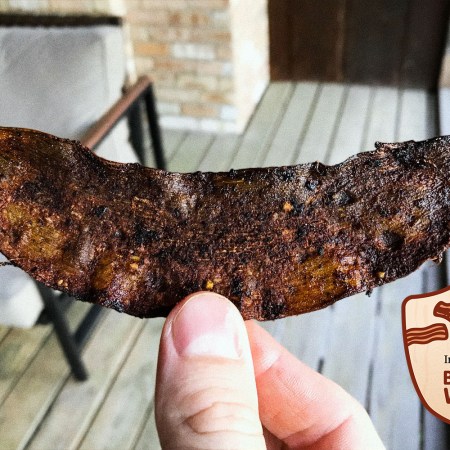How much food goes to waste in the United States each year? Data from the USDA estimates that the figure is between 30 to 40% of the food supply. There are countless reasons why this is an alarming statistic: More garbage is a bad thing, full stop, and the idea that food waste could be repurposed also gives a sense of missed opportunities. It raises the question of whether there are initiatives around the world that could be applied in the U.S.
A recent article at The Guardian offers one intriguing example: South Korea. As the story details, the country has had a mandatory food waste recycling program in effect since 2013, which is funded by the sales of compostable yellow bags. Add a regular pickup schedule for food waste and you have a country that’s arrived at a remarkable statistic: almost all of its food waste is recycled on an annual basis.
Trying to implement a similar program in the United States would face a few challenges. One of them, as the article points out, has to do with questions of jurisdiction. Some states or cities might have composting programs for food waste, but there’s nothing on the national level at present.
New York City, for instance, has gone through a few iterations of a food waste collection program, which went dormant during the pandemic and has since been revived in Queens. This new version of the program has been more successful than its predecessor, but — according to a recent Streetsblog article — it would also require a significant investment to expand throughout the city.
One of the most interesting aspects of the Guardian‘s reporting on South Korea notes that its program has succeeded in part because of its relative convenience. Even if the specifics of one country’s program can’t be easily transposed, it’s qualities like this that bear emulating.
Every Thursday, our resident experts see to it that you’re up to date on the latest from the world of drinks. Trend reports, bottle reviews, cocktail recipes and more. Sign up for THE SPILL now.

















